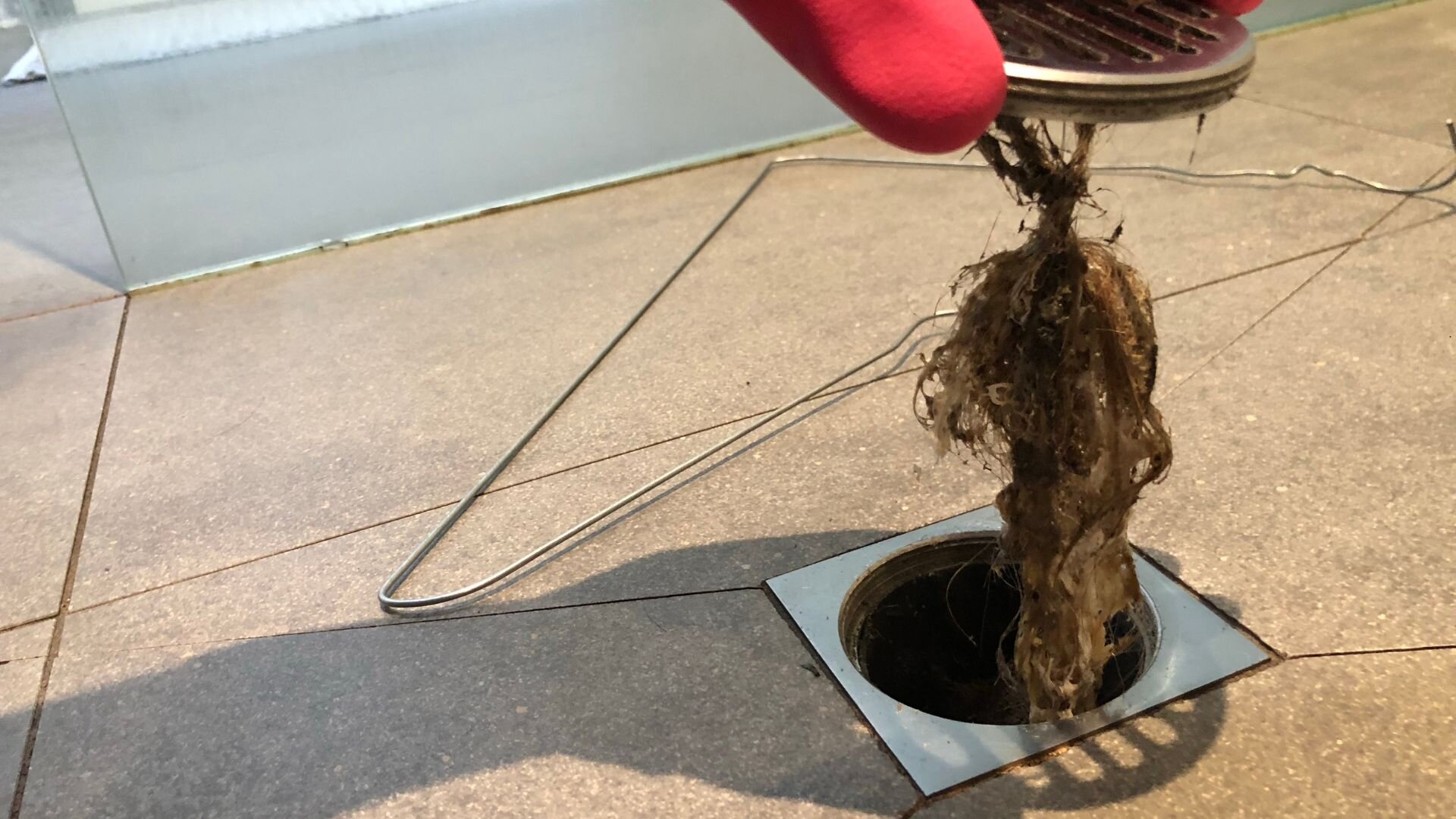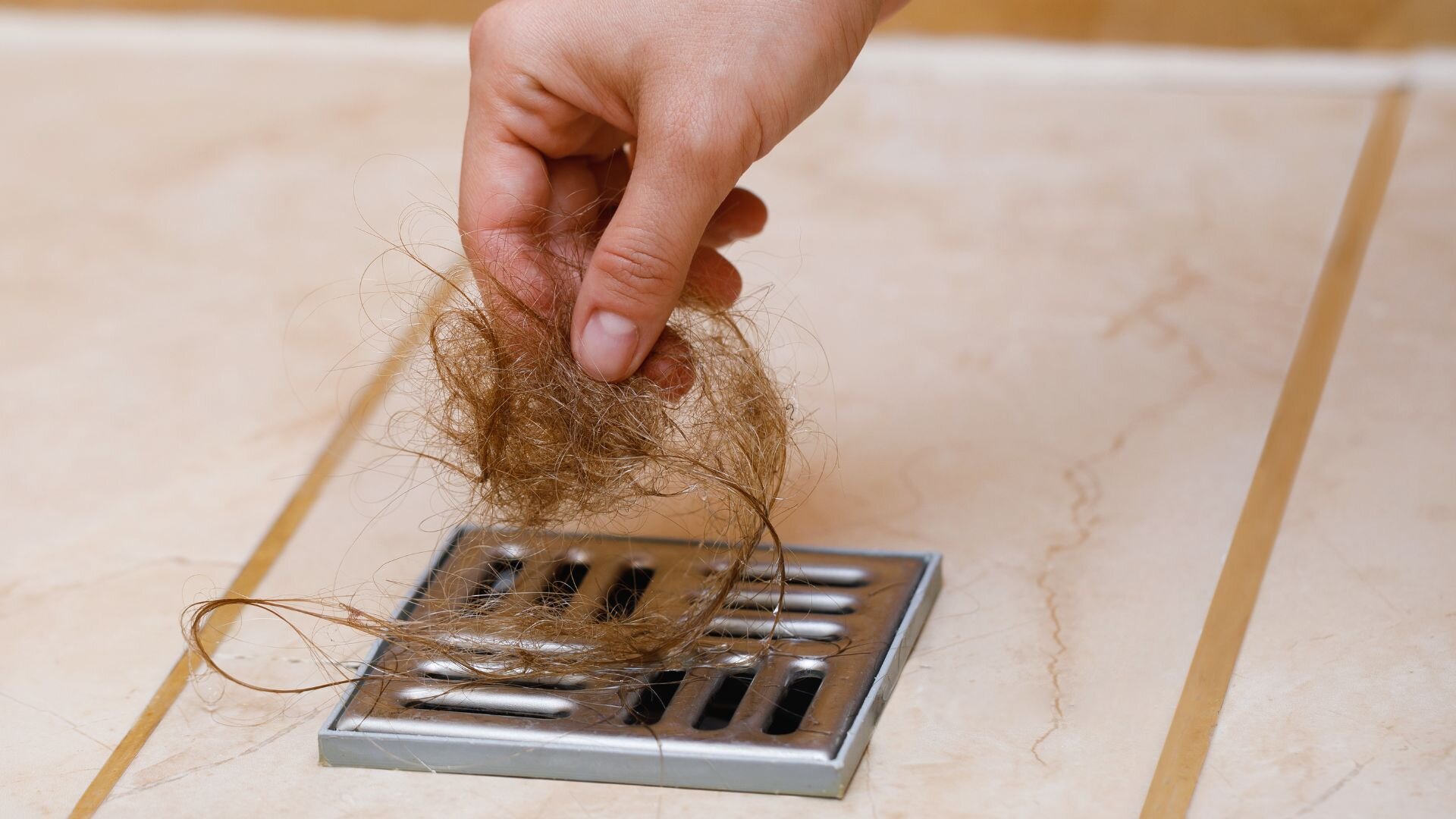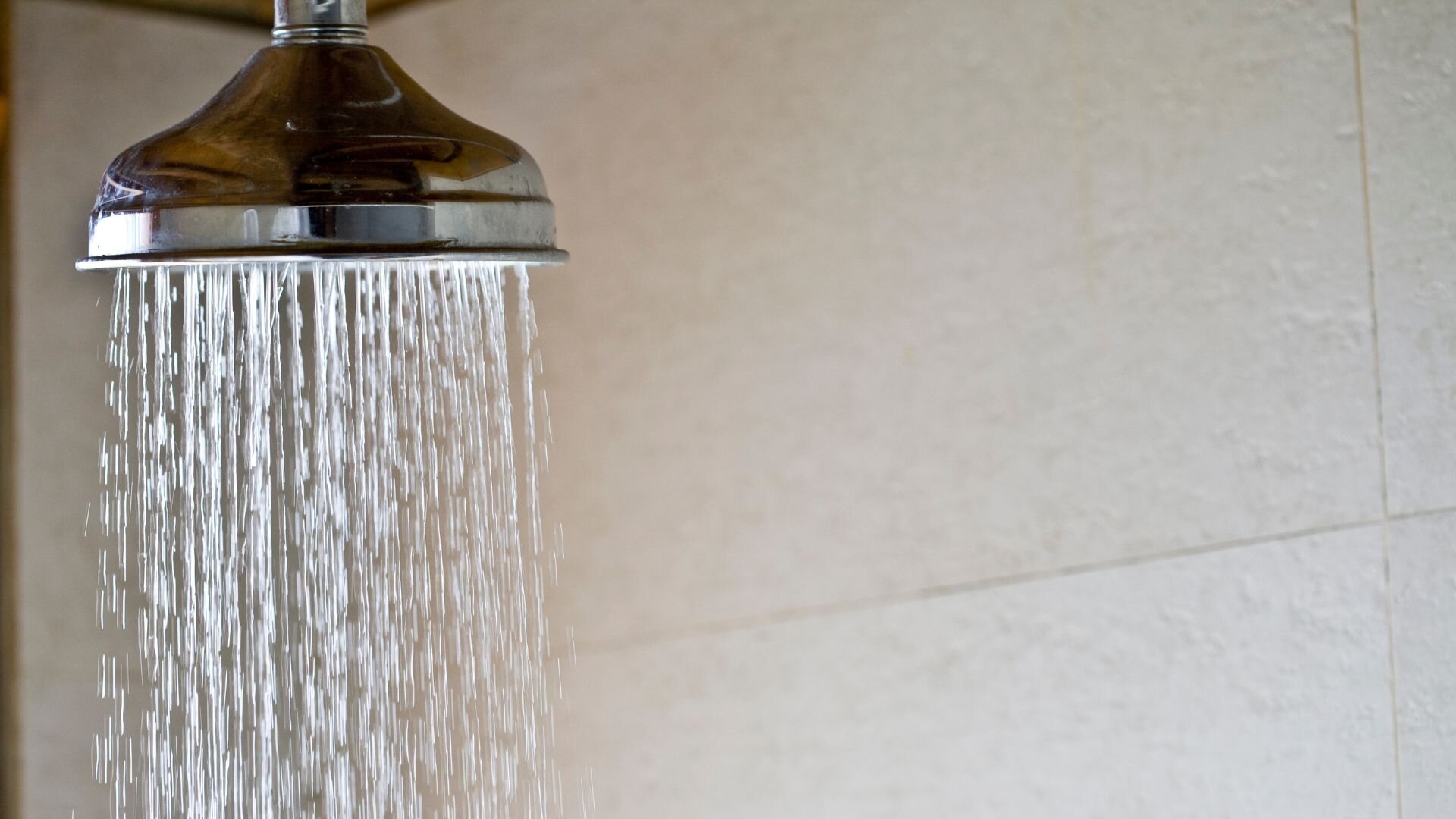Stepping into your shower only to find water pooling at your feet can quickly dampen the start of your day. Blocked shower drains are a common household nuisance that many encounter but often overlook until the problem demands our attention. Understanding the root causes of these blockages is the first step towards prevention and maintaining a smoothly running drainage system.
In this blog, we’re diving into what clogs shower drains—whether it’s those pesky hair tangles or the sneaky buildup of soap or hard water minerals. Plus, we’ve got some handy tips to stop these blockages before they even start.
Whether you’re a homeowner, renter, or just someone who values a hassle-free shower experience, this guide will arm you with the knowledge to keep your drain flowing as freely as the water from your showerhead. Let’s dive in and turn the tide against blocked drains!
Understanding Your Shower Drain

Your shower drain may seem like a simple hole in the floor, but it’s part of a more complex system designed to handle wastewater while preventing larger debris from entering your plumbing.
Your standard shower drain has a few parts: there’s the cover or grate for catching bigger items, the drain body that leads to the pipes, and the p-trap. This U-shaped pipe holds a bit of water to keep sewer gases at bay.
Over time, various substances can accumulate on the walls of these pipes or get caught in the p-trap, leading to clogs. By understanding these components and how they interact, you can better identify and address potential issues before they become bigger problems.
Keeping the water flowing smoothly through your drain isn’t just a matter of convenience—it’s also about maintaining the functionality and integrity of your home’s plumbing infrastructure.
Common Causes of Blockages
When it comes to shower drains, several common culprits can contribute to blockages, each with its unique challenges. Over time, the accumulation of various materials can lead to reduced water flow or even complete obstruction. Understanding the most frequent causes of these blockages is essential for both prevention and effective intervention. Let’s explore the usual suspects that may be clogging your shower drain and how they can be managed.
Hair
Hair is the most notorious cause of shower drain blockages. As we shower, loose strands of hair can fall out and enter the drain. Over time, these strands can entangle with each other and trap other debris, forming a dense net that water struggles to penetrate. To prevent such blockages, consider using a drain guard to catch hair before it enters the drain and make it a routine to clear out accumulated hair regularly.

Soap and Shampoo Residue
Soap and shampoo may seem harmless as they swirl down the drain, but as they accumulate, they can leave a sticky residue called soap scum. This residue can coat the inner walls of your pipes, reducing their diameter and snagging other debris. To keep soap and shampoo residue to a minimum, regularly run hot water down the drain to dissolve these substances and consider switching to soap-free body washes or liquid soaps that are less likely to leave scum.
Hard Water Deposits
Hard water contains high levels of minerals like calcium and magnesium, which can precipitate out and create deposits inside your pipes. These deposits, often known as limescale, can constrict water flow and provide a rough surface for other materials to adhere to, exacerbating blockages. Installing a water softener can mitigate this issue, and periodic cleaning with vinegar can help dissolve minor mineral buildup.
Foreign Objects
It’s not rare for odd items to end up near your shower drain. Things like small bottle caps, bits of plastic, or kids’ toys can sneak in, causing clogs sooner or later. To avoid this, always use a drain cover and keep an eye on small items around the shower.
Daily Habits to Prevent Blockages
Incorporating daily habits to prevent blockages in your shower drain can save you from the hassle and expense of dealing with clogs. One essential habit is to brush your hair before showering to minimise the strands that go down the drain.
After each use, quickly wipe down the shower area to remove any lingering hair or debris. Make it a routine to run hot water down the drain for a minute or two after you shower; this helps to flush away any residual oils or soap that might stick to the pipes. Installing and cleaning a drain strainer regularly can catch hair and other materials before problems arise.
Additionally, be cautious with the types of products you use; opt for liquid soaps and shampoos that are less likely to leave behind residue. By maintaining these simple yet effective practices daily, you can significantly reduce the risk of blockages and ensure your shower remains a place of relaxation, not frustration.
DIY Solutions for Minor Clogs
Tackling minor clogs in your shower drain doesn’t necessarily require professional help immediately. There are several DIY solutions you can employ to address the issue promptly. A popular method is using a mixture of baking soda and vinegar.
Start by pouring a cup of baking soda down the drain, followed by an equal amount of white vinegar. The resulting reaction can help break down the grime and hair. After letting it sit for an hour, flush the drain with boiling water to clear the loosened debris.
For physical obstructions, a plunger can be effective; make sure you have a good seal around the drain and use vigorous plunging motions to dislodge the clog. If these methods don’t work, a plumber’s snake or a drain auger can be used to reach deeper into the pipes and break apart the obstruction.
Always wear protective gloves and handle chemicals with care during this process. These DIY solutions can be quick fixes for minor clogs, keeping your drains clear and functioning properly without the immediate need for professional plumbing services.
Maintenance and Regular Cleaning

Maintaining a clean and clear shower drain is crucial for preventing blockages and ensuring the longevity of your plumbing. Regular maintenance and cleaning are key components of this process.
Begin by setting up a monthly deep clean for your drain. This means clearing surface debris and getting into the pipes. Use a gentle pipe cleaner or a DIY mix of baking soda and vinegar to tackle any build-up.
For a thorough clean, you can also disassemble the drain cover and scrub it, along with any accessible parts of the drain, using a stiff-bristled brush to remove hair and soap scum. Additionally, consider using a bacterial drain cleaner, which uses natural enzymes to eat away organic matter without damaging your pipes.
These bacteria also help combat foul odours and contribute to a cleaner overall drain system. Embracing these maintenance and regular cleaning habits will keep your drains flowing freely and help identify potential issues before they escalate into significant problems.
Free Flowing Showers? Yes Please!
The battle against blocked shower drains is ongoing but manageable. By understanding the common causes—hair, soap and shampoo residue, hard water deposits, and foreign objects—you can take proactive steps to prevent them from wreaking havoc on your plumbing. Regular maintenance, smart daily habits, and the occasional DIY fix can go a long way in keeping your drains clear and fully functional.
However, some clogs are stubborn, and you might need a helping hand despite your best efforts. That’s where Big Blue Plumbing comes in. Our expertise and advanced tools enable us to tackle even the most persistent blockages.
Don’t let a clogged shower drain dampen your day-to-day life. Contact Big Blue Plumbing for swift, professional assistance. We’re here to ensure that the only thing going down your drain is water, not your peace of mind. Reach out to us, and let’s keep your plumbing in top shape together.



